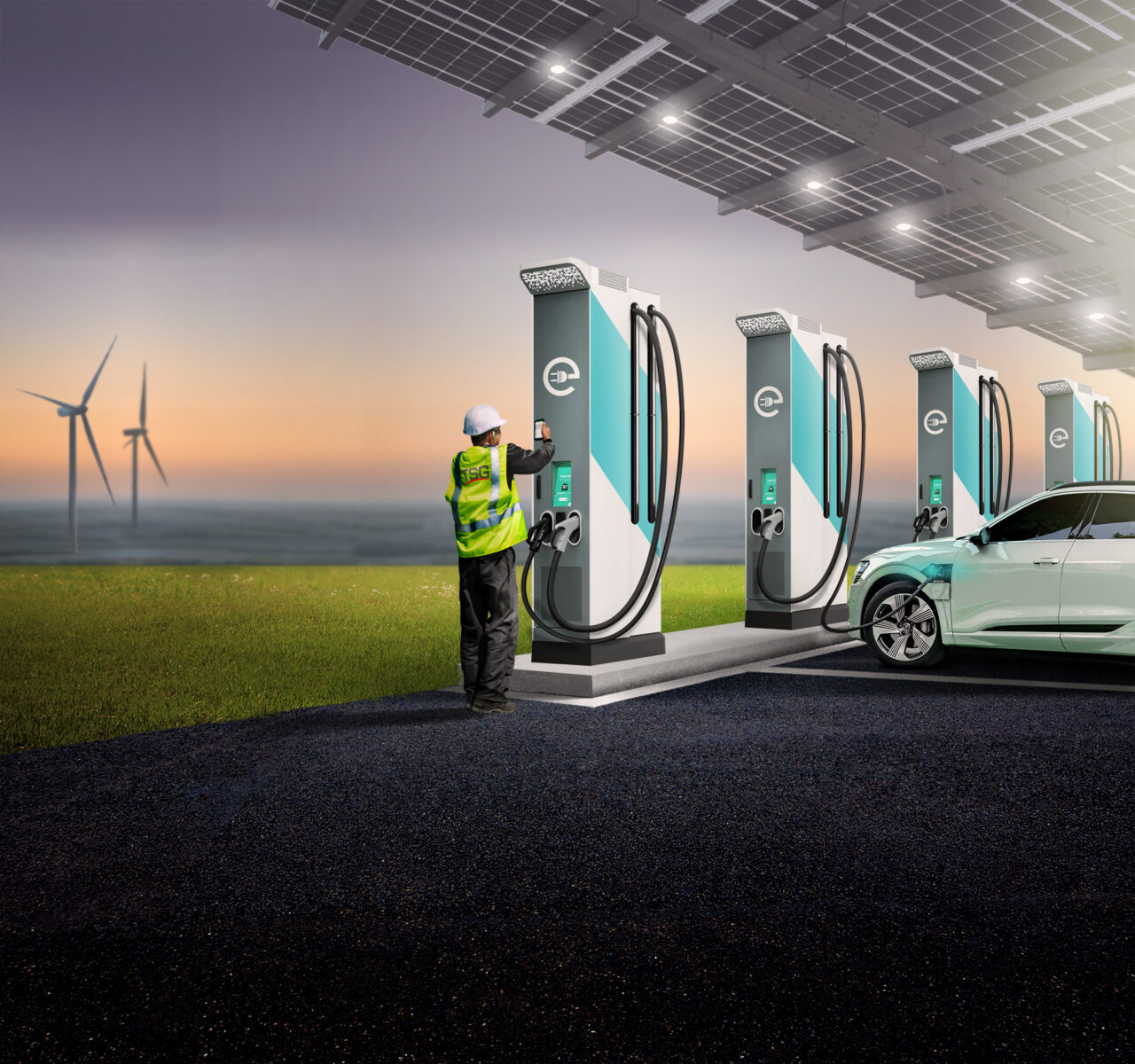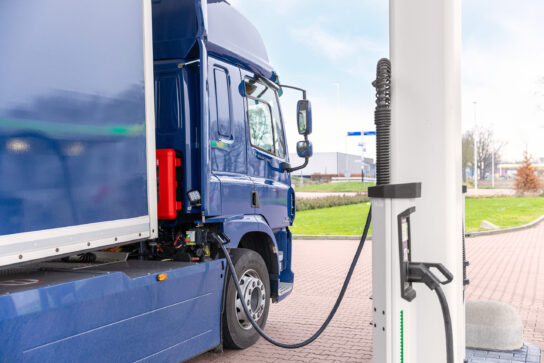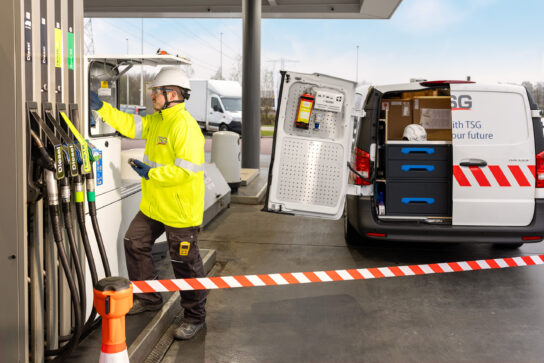Pump to the Plug
The Electric Vehicle (EV) industry has developed at a faster and greater extent in recent times than many people anticipated. Michelle Machesney, EV Solutions Director for TSG UK, discusses the market and its potential
Two years ago I moved from the petrol side of TSG’s business to EV. At the time, many people believed it was a sector that was a slow-burner – fast-forward to 2021 and it’s clear that the electric arm of the car market is progressing at pace. Last year saw more than 175,000 electric vehicles registered, a 66% increase compared with 2019*.
Road to Zero
A big driver behind this increase in EV sales is the government’s commitment to ‘Road to Zero’, an initiative launched to see the end of the sale of new petrol or diesel cars and vans by 2030. There is also far greater demand from the public. We all understand the impact of climate change and most consumers are concerned about this pressing issue. Choosing electric vehicles gives people some control over their own personal impact on the environment.
This landscape of government commitments and consumer demand is putting pressure on car manufacturers to move away from traditional fuels, particularly diesel. But, while we have undoubtedly made significant progress in a relatively short time frame, there’s still a long way to go to meet the 2030 target.
Myth busting
In my opinion, one of the major stumbling blocks to EV take-up is misinformation. There is a lot of work that still needs to be done in changing people’s preconceived ideas about what it means to buy and run an electric car.
Price is a big stumbling block – EVs are generally more expensive than the equivalent petrol or diesel cars; however, the initial outlay is not the way to look at an electric vehicle – whole life costing must be better presented to the consumer. The tax implications of driving traditionally fuelled cars, particularly if they are diesel and/or older, luxury vehicles, cost drivers’ year on year.
Businesses that have a pool of company cars are starting to realise that the ongoing price of fossil-fuelled vehicles is just not attractive. Employees are also looking to companies that care about staff and the environment, so creating facilities that make choosing EVs easier will definitely help with Corporate Social Responsibility (CSR) goals. Where this cost needs to be passed on, there are options to easily track individual usage and bill accordingly.
For people generating their own electricity through solar photovoltaics, for example, the cost of ‘refuelling’ could become negligible.
‘Range anxiety’ is the other major issue. How far you can travel on a single charge and how long a charge takes worries the end-user and is perceived as being far less convenient than popping into a service station when the tank nears empty. Year on year this situation is improving, however.
High power, rapid chargers (50kW+) can add up to 100 miles of range in just 35 minutes. The obstacle here is not necessarily the supply of faster chargers (150kW and even 350kW options), it’s the power availability for installing them and some older EVs cannot accept this high level of charge. Upgrading systems is, of course, possible and when starting from scratch, it’s best to choose an EV charging supplier that can create a future proof system with access to all of the hardware options available.
Apart from technology, owning an EV requires a different mindset. Making sure vehicles are plugged in overnight, charging them when stationary for a period of time, and encouraging workplaces and other destinations to include charging points will help change the driving culture.
A flexible future
Overall, electric vehicles allow drivers more flexibility than today’s standard fuelling process. There is a place for EV charging points in the home, workplace, and other destinations, such as service stations and retail outlets, with demand for all of these options so drivers can fit charging vehicles around their own lifestyle. Becoming an EV charging destination can potentially attract more customers, with visitors likely to stay for longer.
For businesses with fleet vehicles, such a logistics, and taxi companies, the ideal approach to this ‘flexible future’ is choosing an EV charging supplier that provides a full, bespoke service focusing on individual requirements – understanding shift patterns, for example – to ensure the transition is smooth.
2030 is not that far away and we need to be creating the infrastructure now to ensure a seamless transition from the pump to the plug.



